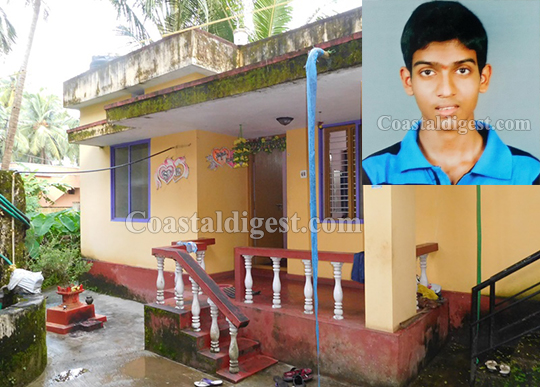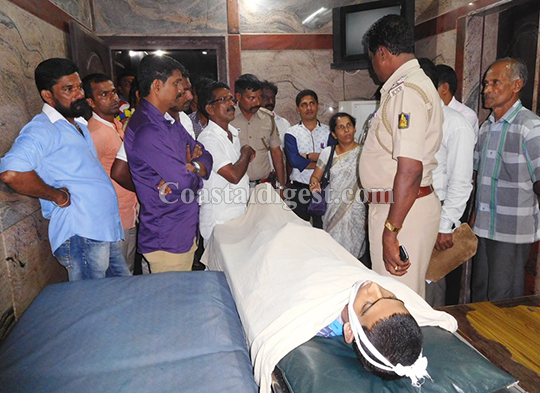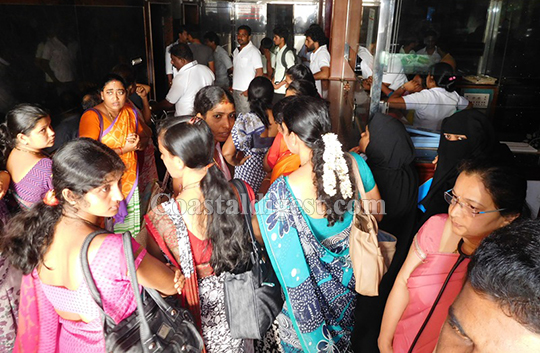Mangaluru, Aug 22: In a shocking incident, a 17-year-old boy allegedly committed suicide under mysterious circumstances at his residence in Thokkottu in Mangaluru taluk on Monday.

The deceased has been identified as Shifan, who was a II PU science student at St Sebastian Pre University College, Permannur near Thokkottu.
His family members told police that he was found hanging from a ceiling fan on Monday afternoon. The reason for the suicide is yet to be known.
Ullal police have registered a case and investigations are on.







Comments
very coward act.....wats d point in educating such coward individuals who cant face life challenges at such young age....?????
he has lost his life both in ths world n hereafter......may Allah forgive his sins
Add new comment